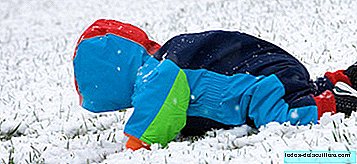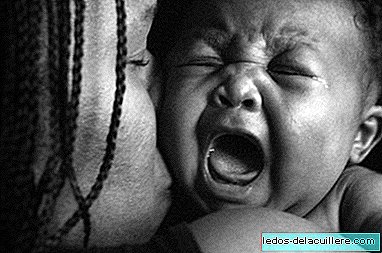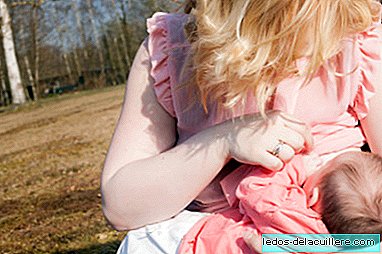
You have to crawl before you walk, they say out there, unless you don't. While crawling is considered an important development milestone in most western countries, the ability to glide over the earth is not a common practice everywhere. So it is likely that crawling is a new trick or invention of evolution.
That is what David Tracer, anthropologist at the University of Colorado, has found.
Tracer never intended to study crawling. He started working with the people of the Au in Papua New Guinea in 1988, doing child, maternal and nutrition health surveys.
One of Tracer's graduate students became a physiotherapist, and casually mentioned that he had never seen any of the Au crawling babies. "That's when the light bulb went on," says tracer.
Au babies are carried by their mothers or siblings 86 percent of the time during the first 12 months of life, Tracer said. When left on the floor, young children tend to sit, instead of face down on their stomach. Au babies go through a phase of vertical "exploration" - pushing themselves with their hands and sitting.
Two reasons not to crawl
The reason for this is twofold, says Tracer. Parasites are common in the area where the Au live, so the transmission prevention To the mouth of babies is important.
The other important reason is not so much for the Au, although it is for African tribes and other places -lPreventing attacks from predators. Tracer points to the ethnographic evidence of Africa and Indonesia, where babies develop in a similar way throughout their first year and begin to walk immediately, without a prior crawling phase.
The crawling may have evolved simultaneously to the wooden floors in the houses, only about 200 to 300 years ago. "For most of evolutionary history, children have not been left on the ground to protect them from attack by pathogens and predators, therefore crawling is an evolutionary novelty," says Tracer.

Au children tend to walk later than western children, but that is probably due to nutritional deficiencies and not due to the lack of the crawling phase.
The fact that babies have returned to sleep on their backs to prevent sudden death syndrome is delaying the crawling phase, even in many cases it does not happen and the baby starts to walk directly and this It is making us return to our primitive evolutionary process.
In close relatives of the human being, like the great apes, it has been seen that babies are never left on the floor and that these learn to crawl on the bellies of their mothers. There seems to be a kind of phylogenetic inheritance to avoid crawling, says Trace.
Trace states that babies who are placed in a prone position, down and prepared to crawl, and do not do so, would have a developmental deficit.
Will we then be before the end of crawling as an evolutionary processWill our grandchildren crawl? In my case, the little boy never crawled and moved on his ass using his leg as a paddle (will it be a new species?)












